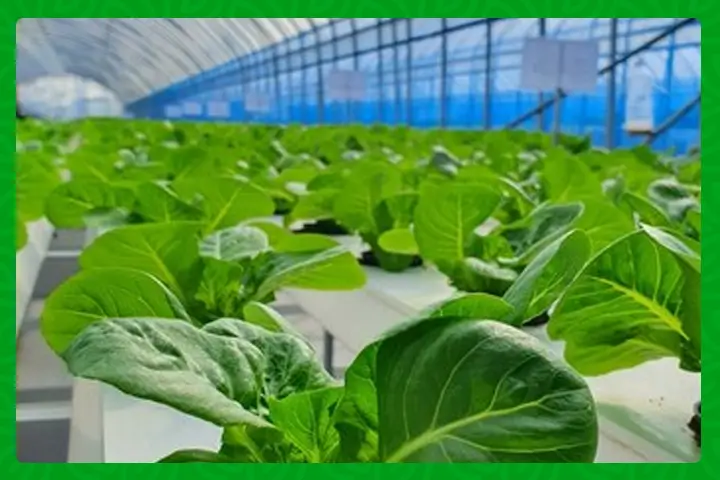
In a groundbreaking move to tackle child malnutrition and fortify food security, the United Nations Children’s Fund (UNICEF) has launched a pioneering hydroponic farming program in Ethiopia. This transformative initiative not only addresses the pressing issue of malnutrition but also fosters resilience within local food systems, offering a beacon of hope to vulnerable communities.
Empowering Communities through Innovation
UNICEF, in collaboration with local partners, is spearheading a pilot program in hydroponic vegetable farming, revolutionizing traditional agricultural practices. By harnessing innovative techniques, such as growing crops without soil, this initiative transcends conventional limitations, offering a sustainable solution to combat child malnutrition. Behailu Abreha, founder of PLC and UNICEF’s esteemed partner, emphasizes the versatility of hydroponic farming, enabling year-round production with minimal water usage.
A Lifeline for Vulnerable Communities
The program’s implementation in Mekelle and across central and southern Tigray is particularly poignant, given the prolonged civil conflict and recurrent droughts plaguing the region. With crop yields decimated by successive seasons of drought exacerbated by climate change, the need for resilient agricultural solutions has never been more urgent. UNICEF’s hydroponic farming initiative emerges as a beacon of hope, offering a lifeline to communities grappling with adversity.
Fostering Sustainable Resilience
Hydroponic farming offers a paradigm shift in agricultural resilience, transcending the constraints imposed by erratic weather patterns. Unlike conventional methods reliant on rainfall and irrigation, hydroponic farming minimizes water usage, ensuring crop viability irrespective of weather conditions. This inherent adaptability not only mitigates the impact of climate-induced challenges but also fosters sustainable agricultural practices, laying the foundation for long-term resilience.
Empowering Communities Through Education
Central to the program’s success is the empowerment of local communities through comprehensive training in hydroponic farming techniques. By equipping households with the knowledge and skills necessary to cultivate vegetables without soil, UNICEF fosters self-sufficiency and economic empowerment. This transformative approach not only addresses immediate nutritional needs but also cultivates a legacy of sustainable farming practices, ensuring enduring benefits for generations to come.
A Vision for a Brighter Future
UNICEF’s hydroponic farming program epitomizes the organization’s unwavering commitment to advancing the well-being of children worldwide. By leveraging innovation, collaboration, and local expertise, UNICEF paves the way for a brighter, more resilient future for Ethiopia’s most vulnerable communities. As households embrace hydroponic farming, they embark on a journey of empowerment, self-reliance, and hope, ushering in a new era of sustainable development and prosperity.
In conclusion, UNICEF’s hydroponic farming initiative stands as a testament to the transformative power of innovation in addressing complex global challenges. By harnessing the potential of hydroponic farming, UNICEF not only combats child malnutrition but also nurtures resilience within communities, igniting a beacon of hope in the face of adversity. As Ethiopia embraces the promise of hydroponic farming, it embarks on a path towards a future where every child thrives and flourishes.
Original article written by Zablon Oyugi
Stay updated with the latest farming tips and agriculture industry news from Africa by subscribing to our newsletter. Don’t miss out on valuable insights and updates. Follow us on Twitter, LinkedIn, and Facebook to join our farming community and stay connected with us.



















